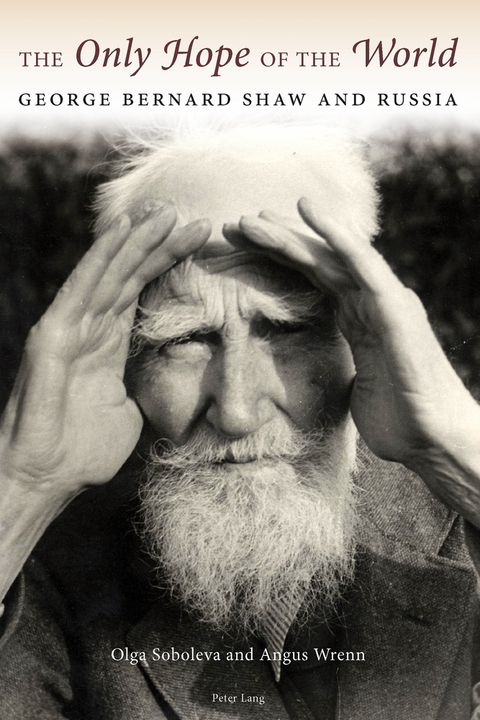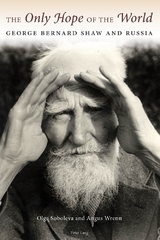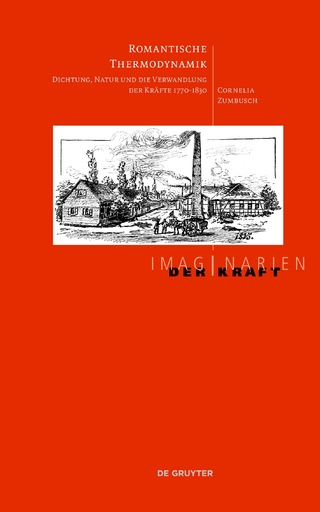The Only Hope of the World
Peter Lang Group Ag, International Academic Publishers (Verlag)
978-3-0343-0745-1 (ISBN)
Olga Soboleva teaches Russian and Comparative Literature at the London School of Economics and Political Science. Her research interests are in nineteenth- and twentieth-century Russian and European culture. Her recent publications include The Silver Mask: Harlequinade in the Symbolist Poetry of Blok and Belyi (2008) and articles on Tolstoy, Dostoevsky, Nabokov, Chekhov, Boris Akunin and Victor Pelevin. Angus Wrenn has taught Comparative Literature at the London School of Economics and Political Science since 1997. His most recent publications include Henry James and the Second Empire (2009) and articles on the reception of Ford Madox Ford and Henry James in Europe.
Contents: Shaw and the Russian Anarchists, early encounters and shaping of Shaw's socialist views - Shaw and Lev Tolstoy, personal correspondence and literary parallels in Shewing up of Blanco Posnet and The Power of Darkness - Shaw, Maxim Gorky and the didactic theatre; comparative analysis of Heartbreak House and Summerfolk - Shaw and the Bolshevik Revolution: the writer's views on the Russian events of 1917 and his playlet Annajanska, the Bolshevik Empress - Shaw's trip to the USSR in 1931 - Shaw's last plays on the Soviet stage and his reception in Russia.
«This is, in short, an excellent book: well researched, clearly written, and difficult to put down.»
(Matthew Yde, SHAW: The Journal of Bernard Shaw Studies, 33/2013)
| Erscheint lt. Verlag | 25.7.2012 |
|---|---|
| Verlagsort | Bern |
| Sprache | englisch |
| Maße | 150 x 225 mm |
| Gewicht | 360 g |
| Themenwelt | Literatur ► Klassiker / Moderne Klassiker |
| Kunst / Musik / Theater ► Theater / Ballett | |
| Schulbuch / Wörterbuch ► Wörterbuch / Fremdsprachen | |
| Geisteswissenschaften ► Sprach- / Literaturwissenschaft ► Anglistik / Amerikanistik | |
| Geisteswissenschaften ► Sprach- / Literaturwissenschaft ► Literaturwissenschaft | |
| Geisteswissenschaften ► Sprach- / Literaturwissenschaft ► Sprachwissenschaft | |
| Schlagworte | Angus • Bernard • George • George Bernard Shaw • Hope • Literaturwissenschaft • Olga • only • Russia • Shaw • Soboleva • Socialist • Soviet utopia • World • wrenn |
| ISBN-10 | 3-0343-0745-4 / 3034307454 |
| ISBN-13 | 978-3-0343-0745-1 / 9783034307451 |
| Zustand | Neuware |
| Haben Sie eine Frage zum Produkt? |
aus dem Bereich




